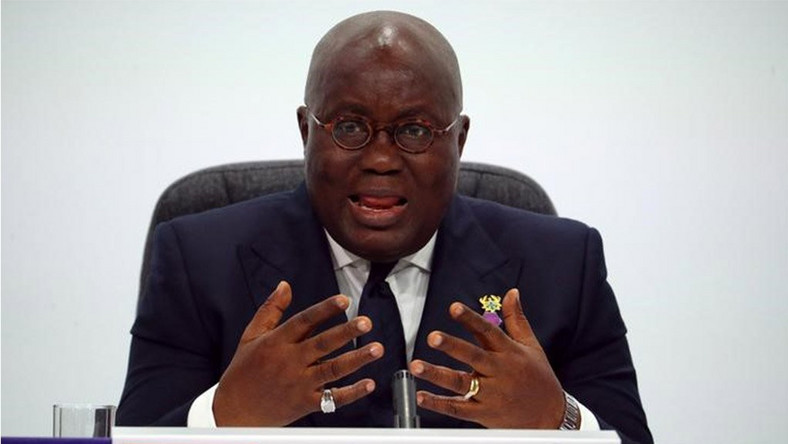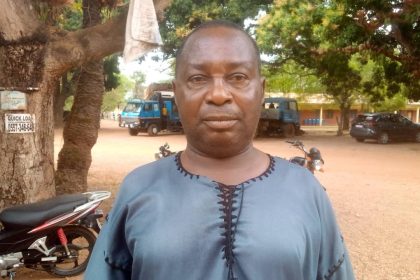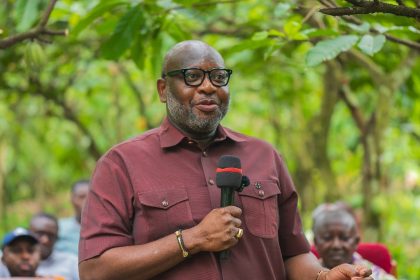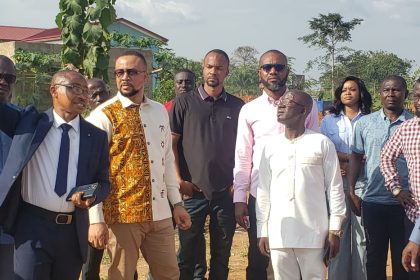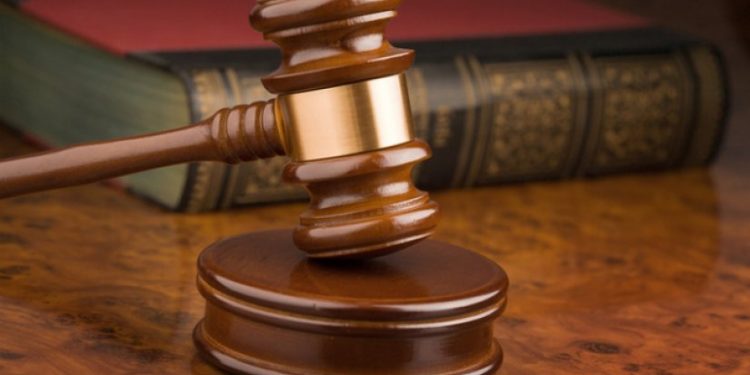I have looked through the latest Afrobarometer survey which pulls out some interesting findings. For example, it shows the approval rating of President Akufo-Addo to be pretty high at 61%, which is way more than the 53.9 massive victory he registered in the 2016 presidential race. John Mahama’s approval rating, when Afrobarometer did this under his presidency in 2014, was 41%, and he never recovered from that.
The 2019 opinion poll shows that the Government has lost some ground as compared to the excitement which met their overwhelming electoral takeover from the December 2017 general elections. Akufo-Addo’s approval rating now is below where it was in 2017 and faith in the direction he is taking the country has also dropped.
In my view, it is principally due to two things: (1) the failure of the ruling party to properly articulate the gains it is making and (2) and how that failure feeds inconveniently into the fact that too many Ghanaians would continue to struggle for some time to make ends meet in spite of the billions of interventions made by the government to bring about relieves.

Ghanaians fully understand the dire state of the economy which led to massive defeat of the NDC. Ghanaians do not expect miracles to radically overturn their circumstances within four years. But, what they expect is a better articulation of what has been so far done and a greater clarity over the direction the country is going from which they can have determine if indeed there is hope for the future under Akufo-Addo and the NPP.
The fieldwork for the recent Afrobarometer poll was conducted between 16 September and 3 October, 2019.
Although, the findings, which are consistent with other polls, also suggest that John Mahama and his party are not taking advantage of the apparent drop in the NPP popularity, the NPP must be more deliberate in overturning the apathy among its rank and file and in reconnecting and re-appealing to a key voting class it relies on traditionally: the professionals.
It is very doable because the evidence is that Ghanaians may not be that happy with the NPP because their expectations of the NPP are much higher than of the NDC. Yet, they are still not convinced that John Mahama’s NDC is even a comparable alternative. But, to take this for granted is the most dangerous political calculation any political group can make.
A very critical indicator in politics is trust. When it comes to making a political choice, which of the candidates can a voter trust more? Per Afrobarometer, President Akufo-Addo is the third most trusted institution in Ghana, enjoying 58% support from the voter population sampled. The institution most trusted is the Army, at 72%. Second on the trust scale are religious leaders at 62%.
Only 41% trust Parliament, with the local government system at the bottom of the trust list of political office holders, with MMDCEs at 38%, Assembly Men and women at 31%.
If propaganda alone could deliver votes then the NDC should be doing better than the NPP, which still struggles to tell its own story well. The NPP, in spite of it all, is still trusted by 49% of Ghanaians and all the Opposition Parties added together could only command the trust of 37% of people.
There is a lot this Goverment is doing yet Ghanaians don’t seem to be too clear on the direction. This is a failure on the part of how a government communicates – its capacity to articulate the vision; to articulate how it is executing its mandate in accordance with that vision; how the vision and its execution are linked to the welfare and wellbeing of the people and; perhaps, even most importantly, how those who communicate for the Government show sensitivity and sensibilities in appreciating the sentiments of the people, especially in an age where, because of social media, everyone’s opinion can be so easily circulated. It is the telling of the Government’s story which I see to be weak and not the vision and the work being done to realize that vision.
For example, even though, six in 10 Ghanaians (61%) approve of the president’s performance over the past 12 months, only 37% say their personal living conditions are “fairly good” or “very good” (unchanged from 2017); only about one-third (35%) of Ghanaians say the country is “going in the right direction,” a 15-percentage-point decline since 2017.
It means that the people see the President working hard. But, they are not been convinced enough about the link between the President’s performance and its impact on the lives of the people. In many instances, people blame the appointees of the President as the ones letting him down. Ironically, these same appointees are responsible for getting the work done and are working in most cases according to the plan.
Yet, calls for reshuffle continues,. Even with a year to go. To change this, the people expect to see changes or a change in how the appointees themselves communicate with the people on the work being done and how that impacts on the lives of the people and the future of the country.
It is inexcusable that in spite of all the work being done only about one-third (35%) of Ghanaians say the country is “going in the right direction.”
The 2014 Afrobarometer poll indicated that Economic Management was the biggest issue facing Ghanaians, followed by Education and then Electricity, in that order. By 2017, with the new government yet to find its feet, Unemployment was top on the list, followed by Education and Infrastructure. As we move into 2020, Infrastructure has pushed up to the top, followed by Unemployment and Education.
What that shows is that the people are convinced, at least, that the fundamental issue of economic management is under better control now. It is for Government to now link that to how that has created the basis for jobs to be created and investments into infrastructure. Thankfully, there is enough evidence to back that narrative.
Billions of Ghana Cedis at this last quarter of 2019 are being pumped into infrastructure and the evidence of this spending will become more apparent in the first half of 2020.
NPP’s biggest problem, however, is how to talk the walk. Telling people what they are doing. We have not explained the banking crisis well and how that move, costing GHS15 billion, was necessary to save the economy. Meanwhile, the survey shows that 83% of Ghanaians are confident about keeping their money in banks or mobile money wallets (72%).
71% of Ghanaians support the President’s push for Ghana Beyond Aid, saying we should finance development from our own resources, even if it means paying more taxes.
According to Afrobarometer, if elections were held the day they were polled, only 22% of the people admitted they will vote for NDC and only 34% admitted they will vote NPP. 12% were undecided; 11% said they would not vote and 19% would not disclose. This is not good for both parties; but perhaps worse for the NDC. What it means is that there is a big share of voters out there for both parties to work on. The issue is which of the two have a better story? The polls put NPP ahead in seven regions, including Northern and some crucial swing regions such as Greater Accra, Central, Western, and Bono.That is a good basis for the ruling party to up its game.
In the US, President Donald Trump’s approval rating, (which had even dropped to 39% before during the government shutdown earlier this year), is still stable at 42.2%, slightly below where it was before the Ukraine scandal, in spite of all the media hype in apparent support of the impeachment process.
It means that those who oppose him are for the impeachment process and for Republicans, even though a much larger group of Republicans concede that what Trump did regarding the Bidens and Ukraine was wrong, they do not think it warrants impeachment.
Indeed, Trump’s approval rating is around 42% now, but it dipped down to about 39% during the government shutdown earlier this year, and as low as about 37% in 2017.
There is hope for the NPP, but it is mainly up to it to secure the victory that awaits it or throw it all away. NPP is still falling short in persuading people that the plan is to sort out the economy and keep it stable, which has been done; push an industrialisation agenda, which they are doing with 1D1F; getting our bauxite and iron ore and manganese developed in an integrated way that adds value; getting all our children educated free to secondary school and expanding facilities and improving facilities at the tertiary level especially technical education, which Government is doing with STEM, the $210m AVIC facility to construct and equip five engineering laboratories in each one of all the 10 technical universities and other technical institutes; sorting out access to health which Government is doing by rescuing the NHIS, procuring drones and ambulances, employing more nurses etc; making farming and agribusiness generally a major priority for jobs creations, which they are doing through planting for food and jobs, one village one dam, 1D1F, negotiating better terms for our cocoa, employing more extension workers and now seeing the results in bumper harvest; we are all seeing the evidence in rice production; investing properly and massively in infrastructure but with cash and not by signing contracts we don’t know how to pay for, which is why all contractors are being paid now, with over 80% having all their arrears paid off completely; receiving $2bn from Sinohydro which we will begin paying back in 3 years with refined bauxite (not raw and cheap bauxite); expanding the national railway network in a way never seen since independence; making sure that we can afford electricity, tackle inflation and interest rate, reducing the net tax, reducing import duties, so that the Ghanaian people can keep a big part of their money in their own pockets; that’s why there has been a net reduction in the tax burden since NPP took office, a net reduction in electricity tariffs and inflation is at its lowest since PNDC days; decentralize further governance and take government closer to the people for greater accountability and delivery.
What the Government is not doing so well is showing how all these things are part of the big plan to move Ghana forward.
The survey also show that a small majority of Ghanaians are hopeful about things will improve next year. I think with better messaging the numbers can be much higher as we move into the next elections.
For example, more oil discoveries are being made, in Akufo-Addo’s first year! None in 8 years under the NDC! More children are being educated (62% increase in students in SHS in first tree years); more jobs are being created, more investments are coming into Ghana now than ever before and more FDI in Ghana than any other West African country. Yes, more is being done now to fix your roads and make Ghana the country that we always knew we could make it.
Akufo-Addo came into office with a vision and he is implementing that vision. Stay with the NPP. Keep up the faith with Akufo-Addo and he will take every Ghanaian home beyond poverty and build a true land of opportunities for every home. Ghana will leap beyond aid – with help from each and everyone of us.


